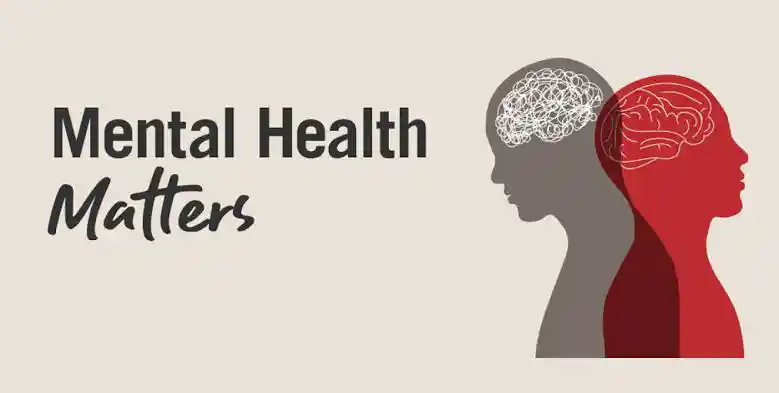In today’s fast-paced world, stress has become a common part of life. While some stress can be motivating, excessive stress can harm mental and physical health. This article explores effective strategies for reducing stress and maintaining mental well-being. Keep reading to discover actionable tips to lead a more balanced life.
Understanding Stress and Its Impact
Stress is the body’s natural response to challenges or threats. While it can help in short bursts, chronic stress can lead to serious health problems, such as anxiety, depression, and heart disease.
Common Causes of Stress
| Cause | Example |
|---|---|
| Work-related stress | Tight deadlines, workload pressure |
| Financial stress | Debt, unexpected expenses |
| Personal relationships | Conflicts with family or friends |
| Health issues | Coping with chronic illness |
Recognizing the sources of stress is the first step toward managing it effectively.
Top Strategies for Reducing Stress
1. Practice Mindfulness and Meditation
Mindfulness involves focusing on the present moment without judgment. Meditation, a core mindfulness practice, can help calm the mind and reduce stress levels.
- How to Start: Dedicate 10–15 minutes daily to deep breathing or guided meditation exercises.
- Benefits: Improves focus, reduces anxiety, and promotes relaxation.
2. Maintain a Healthy Lifestyle
Your lifestyle choices significantly impact your stress levels.
- Physical Activity: Exercise releases endorphins, which are natural stress relievers. Aim for 30 minutes of activity daily.
- Nutrition: Eat a balanced diet rich in fruits, vegetables, and whole grains to support brain health.
- Sleep: Ensure 7–8 hours of quality sleep to help your body recover from daily stressors.
3. Time Management
Poor time management can lead to overwhelming stress.
- Prioritize Tasks: Use tools like to-do lists or planners to organize your day.
- Set Boundaries: Learn to say no to tasks that exceed your capacity.
- Break Tasks Down: Divide large projects into smaller, manageable steps.
10 Simple Exercises to Stay Fit at Home: A Beginner’s Guide
Unlocking the Secrets to a Balanced Diet: A Guide to Healthy Eating
Social Connections and Stress Relief
Humans are social beings, and building strong connections can act as a buffer against stress.
- Talk to Someone: Share your feelings with a trusted friend or family member.
- Join Support Groups: Connecting with people who face similar challenges can provide comfort and practical advice.
- Limit Negative Relationships: Distance yourself from toxic individuals who may increase your stress.
Relaxation Techniques
Engaging in relaxation techniques can significantly reduce stress.
| Technique | How It Works |
|---|---|
| Deep Breathing | Slows heart rate and promotes relaxation |
| Progressive Muscle Relaxation | Relieves physical tension in different muscle groups |
| Listening to Music | Reduces cortisol levels and uplifts mood |
Conclusion: Take Control of Your Stress
Stress is an inevitable part of life, but it doesn’t have to control you. By adopting mindfulness, maintaining a healthy lifestyle, managing time effectively, and nurturing social connections, you can reduce stress and enhance your mental health.
Remember, seeking help is a sign of strength. If stress becomes overwhelming, consider consulting a mental health professional for additional support. Prioritize your well-being because mental health matters!
We would Love to Hear from You!
How do you manage stress in your daily life? Share your tips and experiences in the comments below! If you found this article helpful, don’t forget to share it with your friends and family. Together, we can promote better mental health for everyone.






